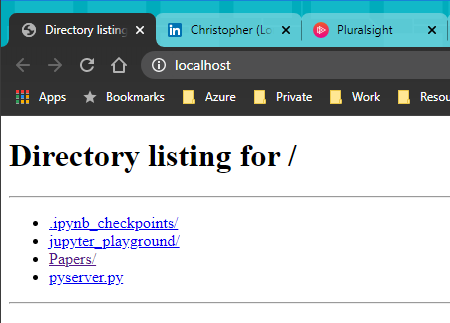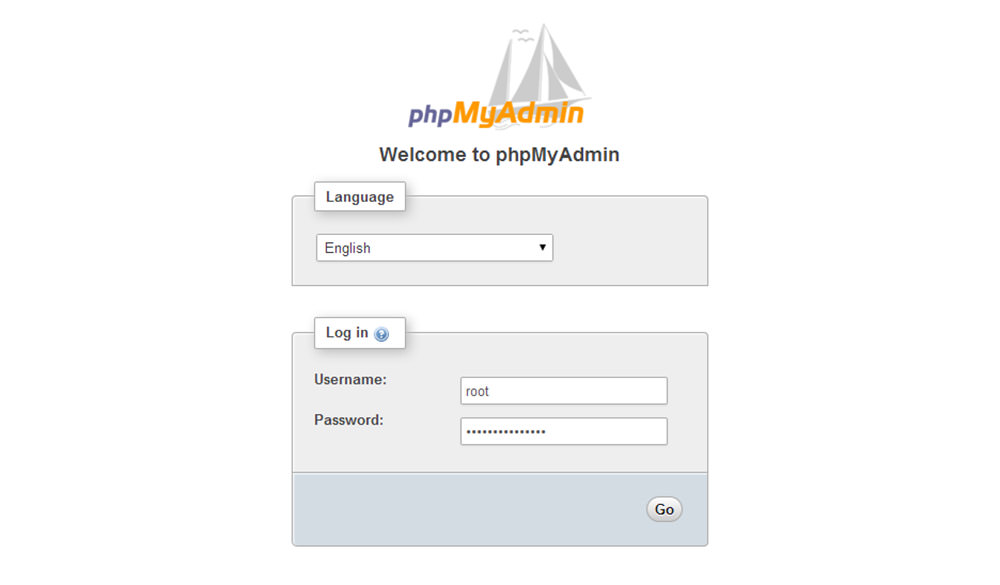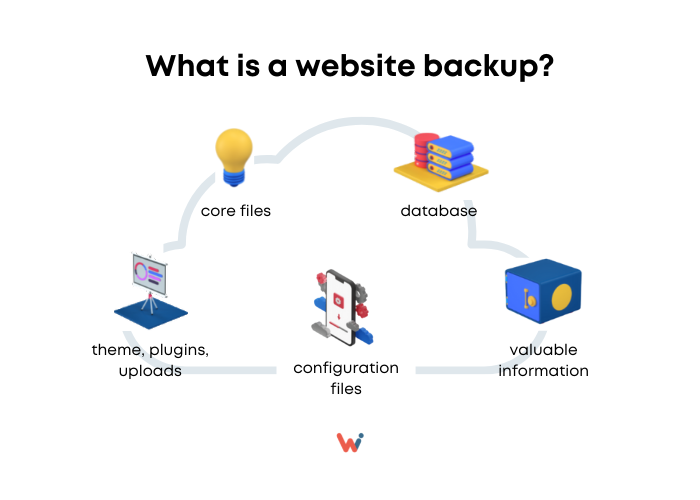
A Website Seal is an indication that a site is safe and secure. It is a great way to build trust and increase conversions on your website.
Baymard Institute says that a website seal can increase consumers' trust and perception of the site. This trust increases leads to lower rates of abandoned shopping carts, and higher order completion rates.
Most reputable certificate authorities provide free site seals when you purchase an SSL Certificate, and installation of a Site Seal is very simple and does not require any significant technical expertise. The seal is displayed on your site along with a time stamp that confirms your web page's security.
Secure Site Seals, also known as Site Trust Marks, inform consumers about the investment made by your company in cutting-edge security technology. They are a sign of your commitment to keep them safe from phishing and other attacks.

When customers see a secure Site Seal, they are more likely to be comfortable sharing personal information or sensitive data such as credit card details on a checkout page. Because they know your site is using encryption to protect the data of their customers, and their identity information isn't being sent unencrypted.
The dynamic site seal is clickable and reveals real-time security data, such as timestamps and information on certificate validation. These dynamic seals allow users to verify the safety of a website.
You can display your site seal right under the login and payment fields of your website. By doing so, you will be able to maximize trust among visitors. Place a seal in the footer of your site to boost trust.
There are a wide range of website security seals available on the market. Comodo DigiCert, and Norton are among the most popular.
The Comodo Secure Seal is a great way to boost the trust of your customers and increase their confidence in your site. It demonstrates that Comodo vetted and verified your organization as having been scanned against malware and malicious contents.

Comodo provides a Java script or HTML code to help you install the seal. You can select the seal's size, style and color to fit your site.
Dynamic site seals can add the most value to a web page. When clicked, the seal will display certificate verification information in real time that can't be faked. This includes a timestamp as well as information about who owns the site. You can give your website visitors assurance that sensitive information will not be sent to third parties, even if the network is shared.
FAQ
Do I hire a web design firm or do it myself.
If you don't want to spend a lot, you shouldn't hire web designers. However, if you are looking for high-quality results, hiring someone to design your website might not be worth it.
You don't need to hire expensive web designers to create websites.
If you're willing, you can learn how you can make a site that is beautiful using free tools like Dreamweaver.
Consider outsourcing your project to an experienced freelancer web developer who charges hourly instead of per-project.
What types of websites should you make?
This question is dependent on your goals. It may be best to sell online your products to build a company around your website. To make this happen, you'll need a reliable eCommerce website.
Blogs, portfolios, forums, and other types of websites are also popular. Each of these requires different skills and tools. If you are looking to start a blog, then you need to know about blogging platforms like WordPress and Blogger.
When you choose a platform, you will also need to figure out how to customize the look of your site. There are lots of free themes and templates available for each platform.
Once you have decided on a platform, you are able to start building your website by adding content. You can add images and videos to your pages.
Your new website is ready to be published online. Once your website is published, visitors will be able to access it in their web browsers.
Can I build my website using HTML & CSS?
Yes! If you've been following along so far, you should now understand how to start creating a website.
Now that you are familiar with how to create a website's structure, you will also need to be familiar with HTML and CSS programming.
HTML stands for HyperText Markup Language. It is similar to writing a recipe. It would list the ingredients, directions, and how to do it. HTML allows you to indicate to a computer which portions of text are bold, italicized and underlined. It also lets you know which part of the document is linked. It is the language of documents.
CSS stands for Cascading Stylesheets. This is a stylesheet for recipes. Instead of listing all ingredients and instructions, you simply write down the basic rules for things such as font sizes, colors or spacing.
HTML tells the browser how a page should look; CSS tells it what to do.
You don't have to be a prodigy if you don’t get the terms. Follow these tutorials to create beautiful websites.
Statistics
- Is your web design optimized for mobile? Over 50% of internet users browse websites using a mobile device. (wix.com)
- The average website user will read about 20% of the text on any given page, so it's crucial to entice them with an appropriate vibe. (websitebuilderexpert.com)
- Studies show that 77% of satisfied customers will recommend your business or service to a friend after having a positive experience. (wix.com)
- When choosing your website color scheme, a general rule is to limit yourself to three shades: one primary color (60% of the mix), one secondary color (30%), and one accent color (10%). (wix.com)
- Did you know videos can boost organic search traffic to your website by 157%? (wix.com)
External Links
How To
What is Website Hosting?
Website hosting is the location where people go when they visit websites. There are two types.
-
Shared hosting – This is the most affordable option. Your website files are stored on a server that is owned by another person. When customers visit your site, their requests travel over the Internet to that server. The request is sent to the server's owner who then passes it on to you.
-
Dedicated hosting: This is the most costly option. Your website resides entirely on one server. No other websites share space on the server, so your traffic stays private.
Most businesses choose shared hosting because it's less expensive than dedicated hosting. Shared hosting allows you to have your website run by the company who owns the server.
But there are pros and cons to both options. Here are the differences:
The pros of shared hosting:
-
Lower Cost
-
Simple to Setup
-
Frequent Updates
-
It can be found on many web hosting companies
Hosting shared can be as low as $10 per month. But keep in mind that this price usually includes bandwidth. Bandwidth refers to the amount of data you can transfer across the Internet. So even if you only upload photos to your blog, you may still pay extra money for high amounts of data transferred through your account.
You'll soon realize why your old host cost so much once you get started. The majority of shared hosts offer limited customer support. Although their techs may help you with setting up your site, it's not a common practice.
It is important to find a provider that provides 24-hour support. They will assist you with any problems that may arise while you're sleeping.
Cons of dedicated hosting
-
More Expensive
-
Less common
-
You will need to have special skills
With dedicated hosting you will have everything you need to manage your website. You won't worry about how much bandwidth you are using or how much RAM (random Access Memory) you have.
This means that you will have to pay a little more upfront. Once you get started with your online business, you will find that you don't require much technical support. You'll be able to manage your servers effectively.
Which Is Better For My Business:
It all depends on the type of website you are creating. If you are selling products, shared hosting may be the best option. It's very easy to setup and maintain. Because you share a server, you will most likely receive frequent updates.
If you want to create a community around a brand, dedicated hosting may be the best choice. Instead of worrying about your traffic, you can build your brand while still being able to concentrate on your business.
Bluehost.com offers both. Bluehost.com provides unlimited monthly data transfer, 24/7 support, free domain registration and a 30-day money back guarantee.